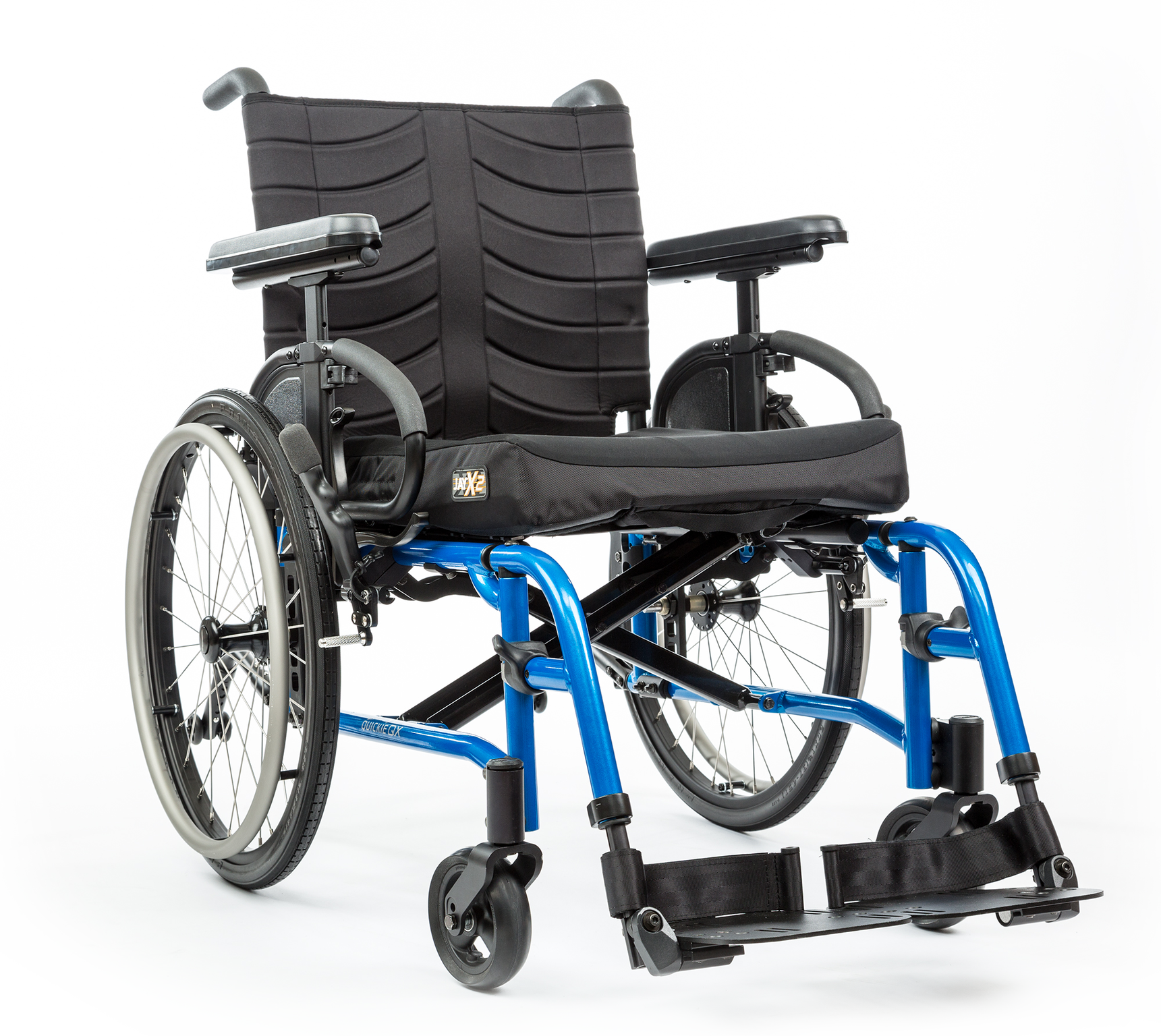
Image from www.modern-seniors.com
As we age, our immune systems become less equipped to fight off disease and invading pathogens. As shown in this Harvard Health Medical study, the lifespan of key immune cells such as T lymphocyte cells decreases substantially over time, making the elderly one of the biggest at-risk groups for the flu and other infections. Immune dysfunction is linked to a series of factors, including nutrition, sleep, stress, and exercise, all of which should be closely monitored as key senior health indicators.
Scientists studying eating habits have found that on average, the elderly suffer from malnutrition more than other age groups. A combination of loss of appetite, lack of dietary variety, and poorer absorption capacities means seniors require additional micronutrient intake to achieve full nutritional well-being.
Whenever possible, seniors are encouraged to improve their nutritional intake by increasing the nutrient density of their meals and eating a healthy, balanced diet. For example, selenium, a core micronutrient found in tuna and seafood, may help boost cytokine production, while studies show that the zinc present in shellfish and beef aids T helper cell proliferation. However, nutritional supplements for the elderly are great all-around options, providing regular doses of a range of much-needed minerals and nutrients that can be difficult to assemble on one plate. Read on to view our breakdown of the best available nutritional supplements for seniors.
1. Probiotics
Science has known for some time now that there are good and bad kinds of bacteria, and every healthy body needs its fair share of the former. The good bacteria lodged in our gut may also play a key role in T helper cell development, according to recent studies. Probiotic foods play on this recent discovery, supplementing our body with healthy, gut-loving bacteria that bolster our immune defenses and replenish bacteria levels.
Probiotics loaded with immune-bolstering bacteria such as Lactobacillus and Bifidobacterium may be found in a number of foods, including dairy products, drinks, energy bars, cereals and other products. Probiotic supplements are marketed as preventing allergies and colds, and alleviating chronic conditions such as irritable bowel syndrome and inflammatory bowel disease, and are great, all-natural nutritional supplements for seniors.
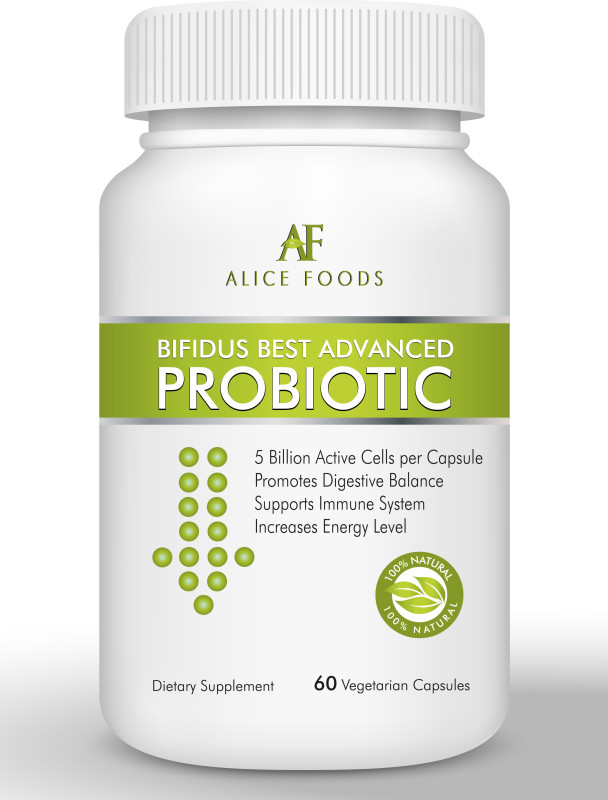
Image from www.Cassandramsplace.com
2. Fish Oil
As we age, our bodies become less responsive to physical activity and produce less muscle mass after exertion. In addition, 25% of seniors over the age of 50 develop sarcopenia or muscle loss, a common condition that makes our bodies shed muscle over time. Muscle mass loss can pose a number of serious issues for seniors, as everyday tasks requiring strength and balance become increasingly difficult.
A study presented at the British Science Festival found that fish rich in omega-3 oils, such as mackerel and sardines, serve as great nutritional supplements for the elderly on account of their strong muscle-building properties and coronary benefits.
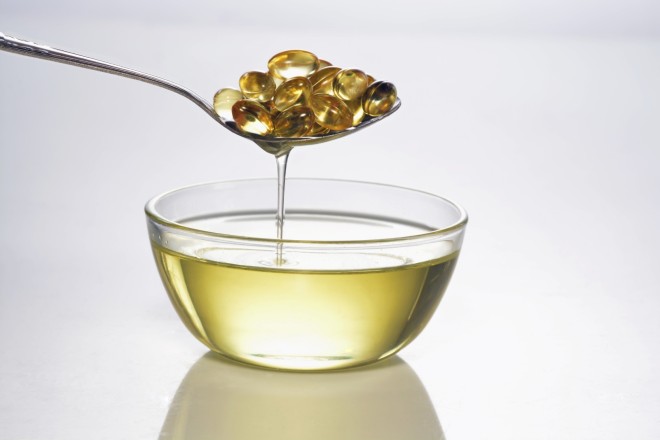
Image from www.nutraingredients-usa.com
Sarcopenia-related issues are some of the biggest problems that seniors face as they age, with frailty and immobility being among the principal symptoms. Fish oils rich in omega-3 acids EPA and DHA are known to significantly strengthen body mass development and improve skin luminescence. Other Omega-3 fatty acids derived from flaxseed such as ALA have yielded less promising results.
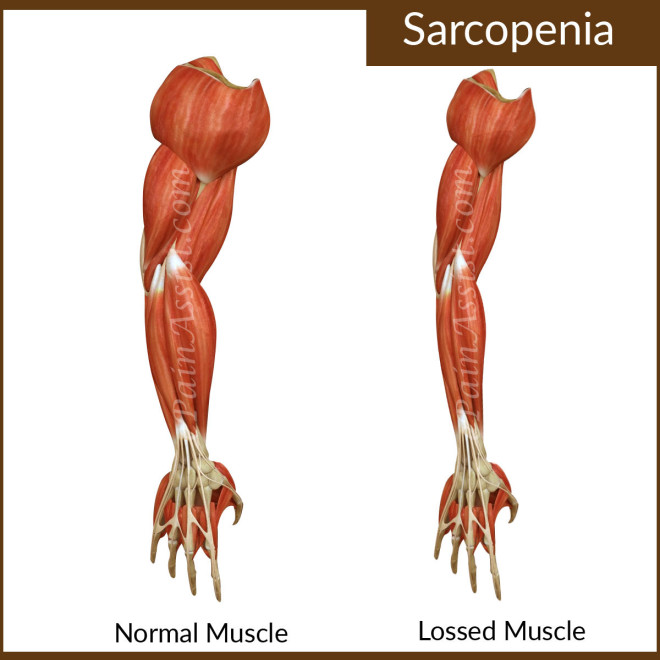
Image from www.epainassist.com
For best results, make sure your fish oil supplement contains high levels of EPA and DHA, the core fatty acids that are linked to muscle synthesis. Click here for a great selection of fish oil-based nutritional supplements for the elderly.
3. Herbal Supplements and Botanicals
A range of herbal supplements and remedies have been used throughout the centuries to combat the health problems associated with aging with mixed results. In recent times, herbal supplements have become increasingly prevalent on the market, with more and more seniors electing them as their choice alternative to standard medications. Herbal supplements are perceived as both inexpensive and natural, but may also produce unknown side effects. Remember, these supplements should be used with caution and only taken if you are positive they do not interfere with any other treatment you may be receiving.
Saw Palmetto
Saw palmetto nutritional supplements for seniors have been used to reduce the effects of enlarged prostates and certain types of prostate infections. Saw palmetto is also reported to reduce prostate swelling and balding, and to aid in bladder control. For more information on where to find this supplement, click here.
Black Cohosh
Black cohosh, a supplement derived from the Native American cohosh plant, is widely used to treat menopause and various other ailments. Black Cohosh has emerged as a natural alternative to hormone therapy, with its combination of headache and hot flash-relieving properties making it ideal for senior women. Black Cohosh is also known to reduce mood swings, sleeping disorders and heart palpitations, among other things. Click here for additional information.
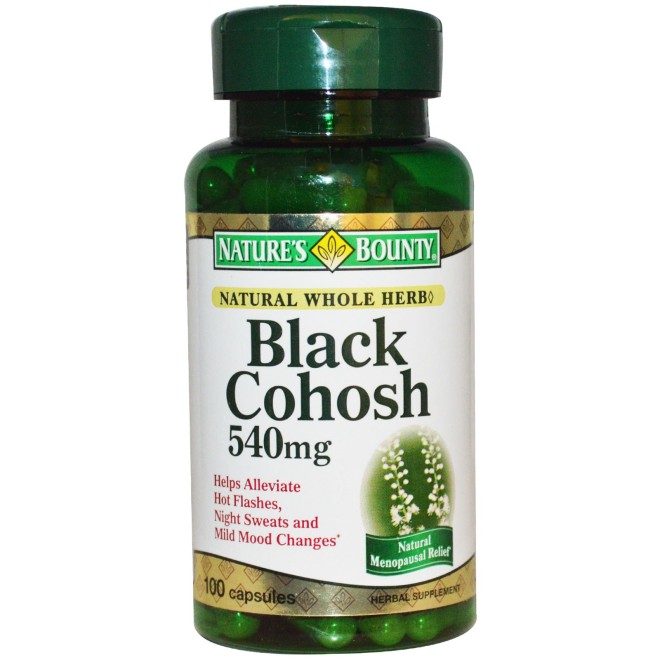
Image from www.iherb.com
Glucosamine
Glucosamine is a naturally-occurring chemical found in the body. Now marketed as a dietary supplement, glucosamine plays a key role in keeping our joints healthy. Bone deterioration and joint pains are part and parcel of the aging process, and glucosamine provides an effective barrier against arthritic pain. In addition, glucosamine has also proved to be capable of reducing the effects of osteoarthritis, rheumatoid arthritis, and temporomandibular joint dysfunctions, making it one of the best nutritional supplements for the elderly. Click here for more information.
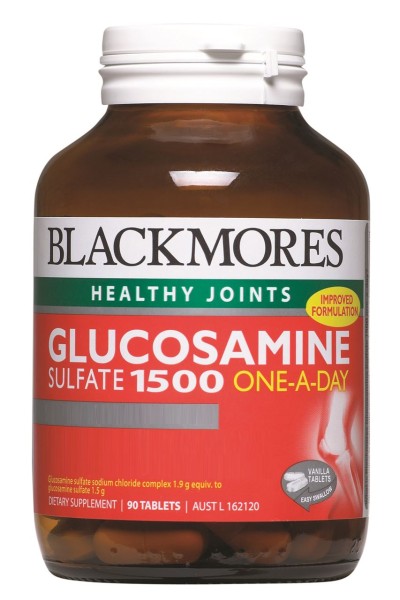
Image from www.ibuypharmacy.co.nz
Melatonin
Reduced sleep cycles affect our cognitive performance and disrupt our normal metabolic processes. In addition, seniors with irregular sleep patterns will likely have higher levels of the protein-depleting hormone cortisol in their system. Hence, getting at least seven and a half hours of sleep per day is essential to maintaining senior health.
Melatonin is a safe, naturally-occurring chemical used to help regulate sleep cycles. Melatonin levels rise naturally in accordance with the daylight cycle and fall during the morning, but the elderly may produce very little or no melatonin at all. This supplement is used to treat insomnia and sleep disorders, and may indirectly boost senior immunity and general well-being. Click here for more information on melatonin and an array of other nutritional supplements for the elderly.

Image from www.rcymc.med.sa
Garlic
The benefits of garlic are well documented and have long been accepted in the medical world. Garlic possesses infection-fighting properties that make it a great organic medicine against fungi, bacteria, and viruses. Garlic and onion consumption in Southern Europe is also thought to be linked to a lower prevalence of certain cancers in the Mediterranean region.
Garlic also provides a range of coronary benefits, including reducing high blood pressure and risks of atherosclerosis. Garlic is also thought to have been originally used as a prevention method against E.coli and other bacteria associated with food poisoning. The active ingredient allicin gives garlic both its strong medicinal properties and its potent odor, and may vary according to the mode of preparation of your garlic supplement. Make sure you eat your garlic fresh for maximum results, or else visit this store for added information on garlic-based nutritional supplements for seniors.
4. Multivitamin Supplements
Micronutrient intake is one of the most essential factors of good nutrition, yet often one of the hardest to manage. Luckily, there are a number of safe and effective multivitamin supplements on the market that are specially designed for mature adults. As we grow older, our heart, bones and muscle tissues require additional levels of micronutrients such as vitamin C and calcium in order to remain healthy. Multivitamin formulas fill in gaps in our diets, ensuring that seniors fulfill their daily recommended nutritional values.

Image from www.nutraingredients-usa.com
Vitamin A
Experts agree that vitamin A plays an essential role in maintaining cell surfaces associated with T helper cells and other immune system molecules. While too much vitamin A may prove harmful to the bones, at the right level, retinoid-rich nutritional supplements provide added defense against prostate cancer and improve eye vision, skin appearance, and bone growth.
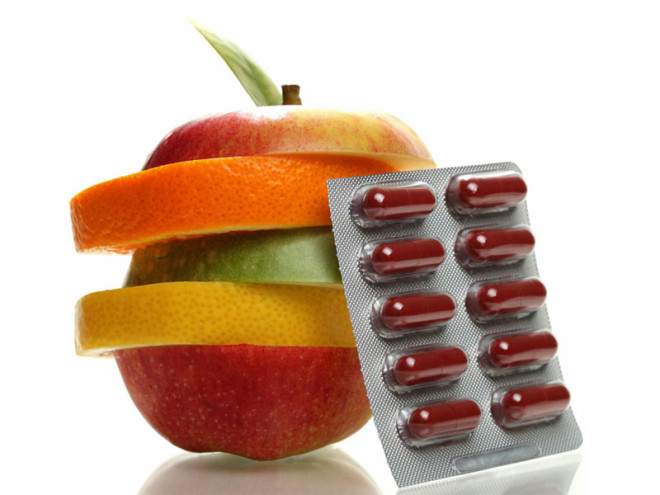
Image from www.infinitysociety.org
Vitamin B6
Vitamin B6 is one of the most important nutritional supplements for the elderly, as its prime function includes strengthening appetite and inducing sleep. Vitamin B also plays an important role in immune system health and may have an impact on our cognitive and psychological performance.
Vitamin B12
Vitamin B12 is one of the core features of any multivitamin formula. This vitamin is important for maintaining healthy nerve function, amino acid processing, and red blood cell production. Vitamin B12 is notoriously hard for seniors to absorb, so the elderly are encouraged to eat fish, poultry and meat to supplement their micronutrient intake. A lack of vitamin B12 may lead to dementia or memory loss.
Vitamin C
The effectiveness of vitamin C as a prevention against colds is a hotly debated subject, but most scientists agree that this micronutrient helps produce collagen and maintain blood vessel walls. Vitamin c has also been said to reduce the probability of certain cancers such as breast and stomach cancer.
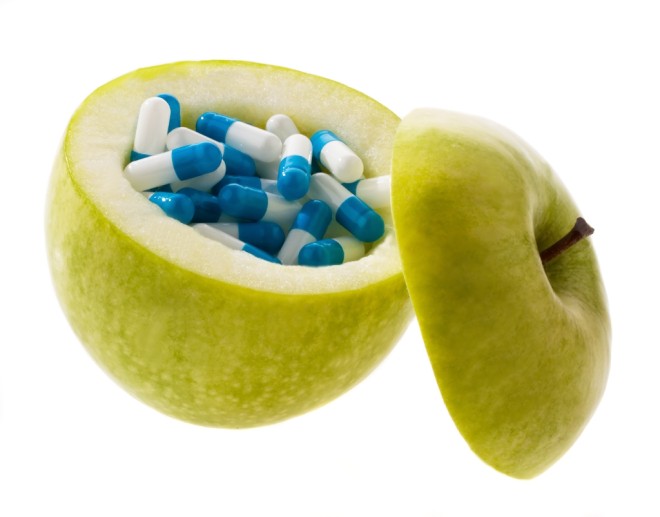
Image from www.wellness.nifs.org
Calcium
This is one of the most important nutritional supplements for the elderly on account of its function as a bone strengthener and a blood pressure regulator. Calcium also has an effect on hormone secretion and enzyme activation. A high-calcium diet may help prevent fractures of the spine, wrist or hip, all of which are common injuries among the elderly.
Vitamin D
For years now, doctors have been telling patients to try to spend time out in the sun in order to boost vitamin D and calcium absorption. Vitamin D has been shown to lower the risk of lung infection and produce bone-strengthening benefits.
Iron
Iron helps hemoglobin transport oxygen in red blood cells, making it an essential ingredient in any multivatim formula. This micronutrient is also needed to produce certain chemical reactions associated with amino acid, collagen and neurotransmitter production. Adequate iron levels may also help keep senior anemia at bay, making it one the best nutritional supplements for the elderly.

Image from www.petpoisonhelpline.com
Click here for more information on a range of multivitamin nutritional supplements for seniors.
Tags:
fish oil herbal supplements macdonald's home health care multivitamin supplements nutrient intake for seniors nutritional supplements nutritional supplements for seniors nutritional supplements for the elderly probiotics senior's health






